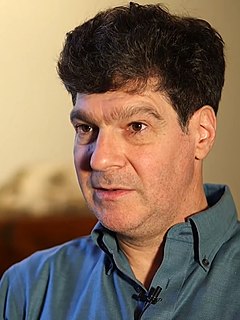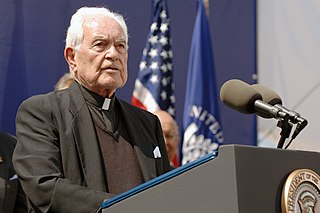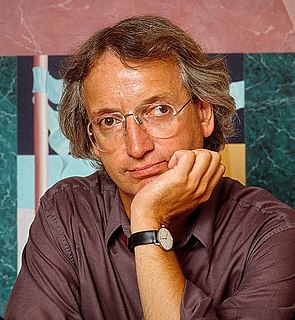A Quote by Kirsten Gillibrand
One of the things that Claire [ McCaskill] and I are trying to do is put systems on campus in place so that a survivor knows who to talk to - that there's somebody who's an expert on their campus that will know all their options from day one and really empower them to make their own decision about what they want to do.
Related Quotes
My revision methods are chipping things away and moving them around and trying to get things right. I'm also open in my own writing to failure. I want to fail. I want to go to a place where I don't know what I'm doing, where maybe I'm lost. And in that uncertain space, I make decisions, and I know all those decisions are going to change everything else. And at a certain point, you just come to a place of rest. In revising, you reduce your options so that nothing is possible, and you just think, I can't change this anymore because I've already passed that decision point.
So when somebody asks me to make a decision about a situation, I don't offer a solution, I ask a question: What are our options? Give me the good, give me the bad, give me the pretty, give me the ugly, give me the impossible, give me the possible, give me the convenient, give me the inconvenient. Give me the options. All I want are options. And once I have all the options before me, then I comfortably and confidently make my decision.
On the contrary, it's because somebody knows something about it that we can't talk about physics . It's the things that nobody knows anything about that we can discuss. We can talk about the weather; we can talk about social problems; we can talk about psychology; we can talk about international finance gold transfers we can't talk about, because those are understood so it's the subject that nobody knows anything about that we can all talk about!
The New York Times ran a story about [Jeff] Sessions meeting the Russian ambassador, and they ran Claire McCaskill's tweet excoriating Sessions for doing this and saying that he should resign. Well, then it was produced that Claire McCaskill had, in fact, sent two other tweets where she was bragging about having spent time with the Russian ambassador. So the New York Times, rather than print that, just removed her from the whole story.
I don't like to claim that I am an expert on anything, but I have enough knowledge about climate science and climate system to be able to write scientific papers and go to meetings and talk about monsoon systems and talk about any other things that you want to discuss about climate science issues. I'm as qualified as anybody that you know on this planet on this topic.
I could learn photography. That could be something to want. I could photograph children. I could have my own children. I would give them yellow roses. And if they got too loud, I would just put them some place quiet. Put them in the oven. And I would kiss them every day, and tell them you don't have to be anybody, because I would know that being somebody doesn't make you anybody anyway.
Things come up from the outside, the outside world says, okay, you have do this, you have to go here and here and here, and these are your options. You can be here or you can be here. You can do this, or you can do this. You can go here, or you can go there. So each one of those things becomes a place of decision, and the way we make decisions is that we all get together and if somebody doesn't feel right about it or it doesn't seem to sit right, usually we'll go with the no vote. If somebody's not comfortable with it, we'll figure it's not going to be worth doing.


































